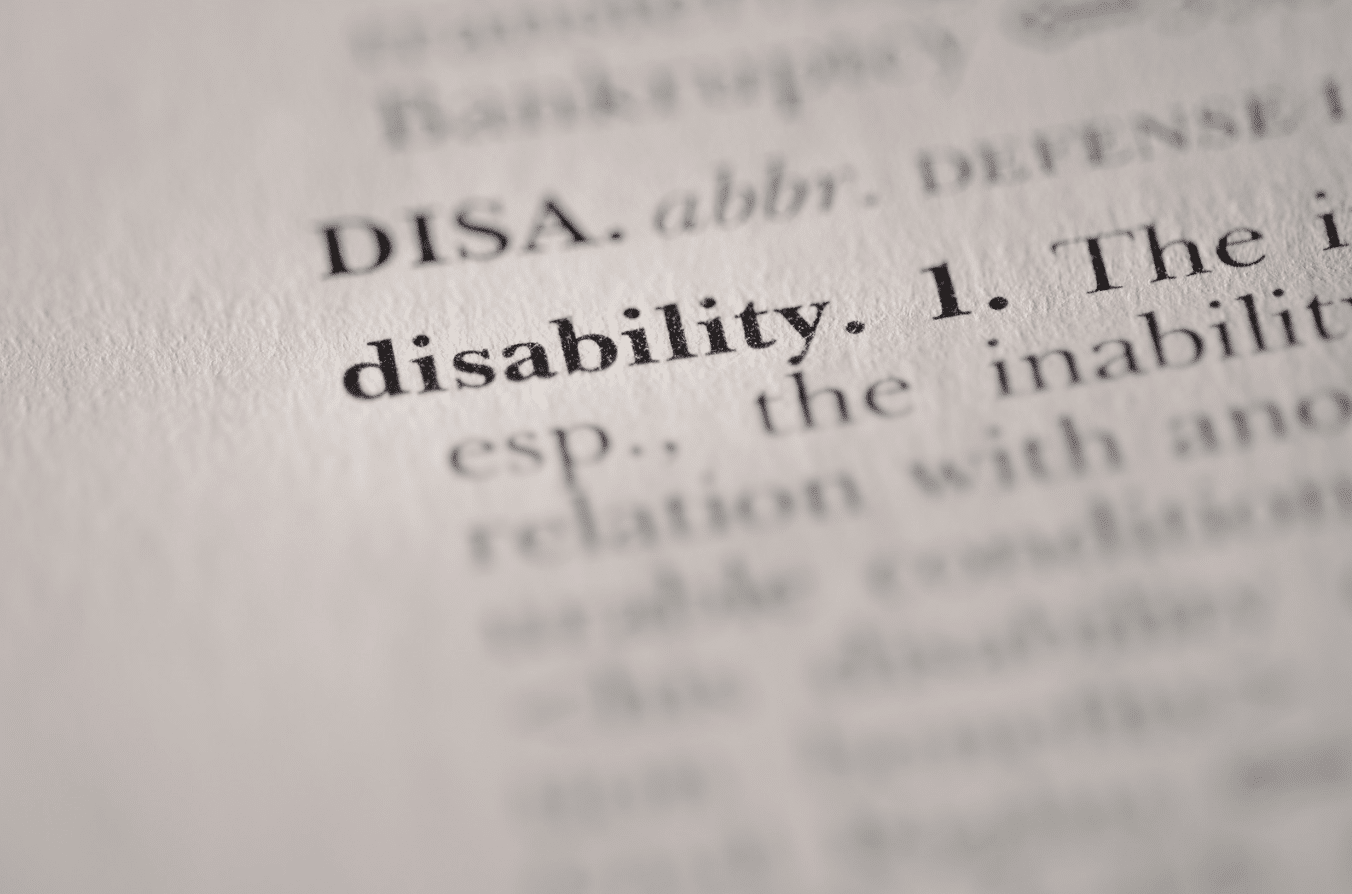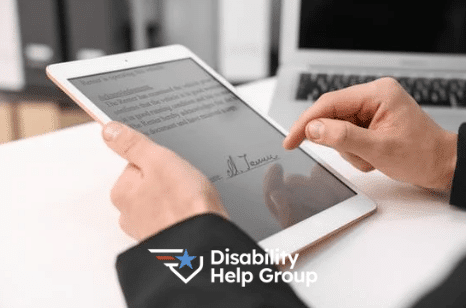What You Need to Know: Social Security and Long-Term Disability Benefits
Long-term disability insurance can be a great safety net. But, what happens if you have long-term disability and you would also be qualified for Social Security disability benefits (SSDI)? Understanding how these benefits work together can help with your planning while you’re healthy and working, and ease the path toward securing payments if you become disabled.
Does Long-Term Disability Insurance Disqualify You for SSDI?
Many people are concerned that long-term disability will make them ineligible for SSDI or reduce the amount of benefits available. Social Security disability is not need-based, which means most other income has no impact on eligibility. The main exception is income earned from work, since that income may demonstrate that you’re still able to participate in substantial gainful activity.
Private long-term disability benefits will not impact SSDI eligibility or the amount of benefits received. However, certain other types of disability benefits may affect SSDI. For example, if you are receiving long-term disability through workers’ compensation, you may still qualify for Social Security disability. However, there is a cap on the combined amount of benefits you may receive. So, your SSDI payments may be reduced.
Supplemental Security Income (SSI) is different. SSI is need-based, and the income cut-off is low. In 2023, it’s just $934/month. So, depending on the amount, long-term disability could disqualify a disabled person from receiving SSI benefits. In fact, many SSDI applicants are disqualified from SSI based on their SSDI income.
Does SSDI Affect Long-Term Disability Benefits?
The short answer is that it depends on your policy. Typically, a long-term disability insurance carrier will require beneficiaries who are qualified for Social Security disability to apply for those benefits. In that case, failing to apply for SSDI could mean losing long-term disability benefits. If you are receiving or have become eligible for private long-term disability benefits, make sure you know whether your policy requires you to apply for SSDI and what the time limit is.
Many policies provide that benefits will be reduced by the amount of SSDI received. For example, if you are receiving $2,000/month in private long-term disability benefits and are approved for $800/month in SSDI, the long-term disability payments may drop to $1,200/month.
Talk to a Disability Benefits Advocate
At Disability Help Group, we know how daunting and confusing coordinating disability benefits can be. We’re here to help make sure you receive all of the benefits you’re entitled to, and get them as quickly as possible. To learn more about how we can help, contact or call us (800) 800-3332.







